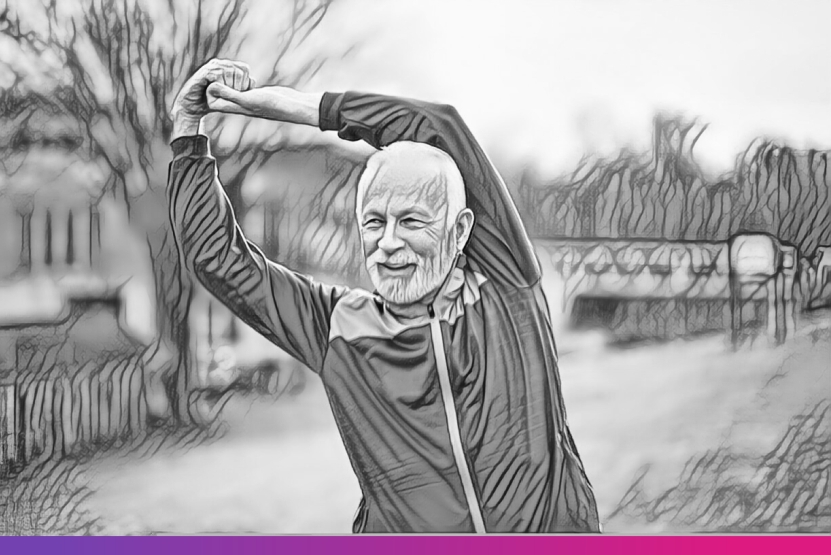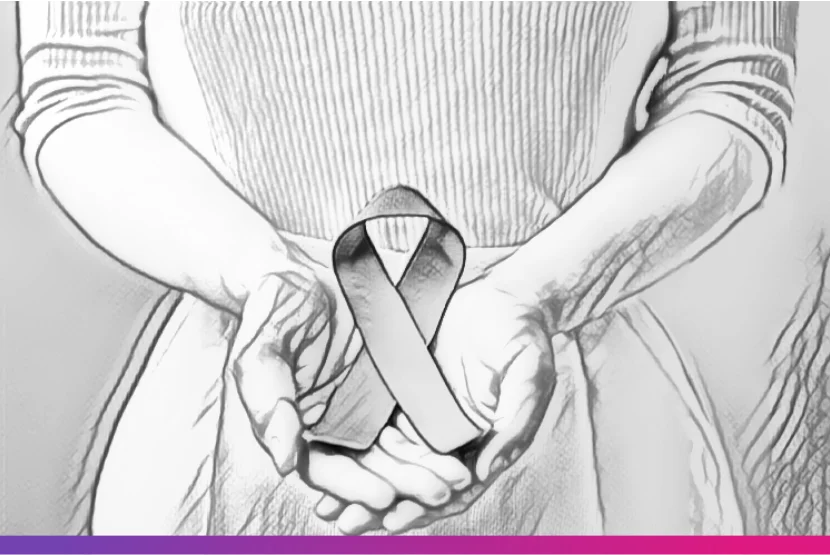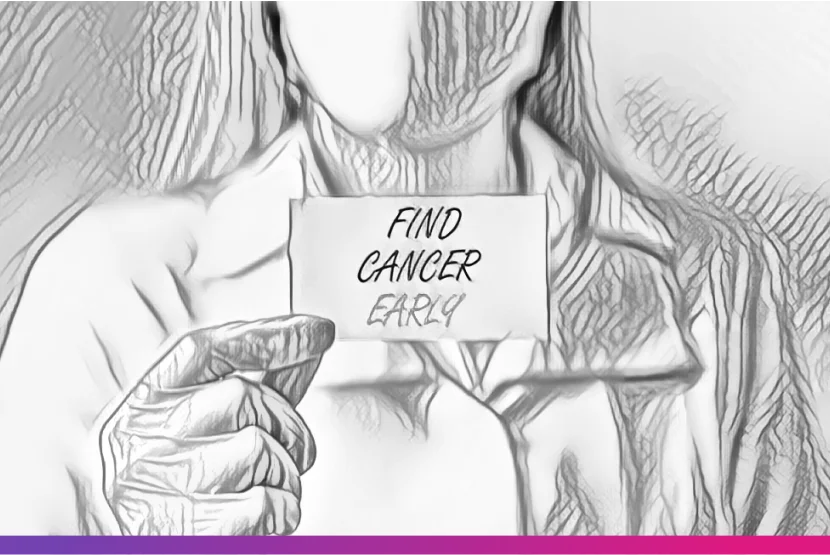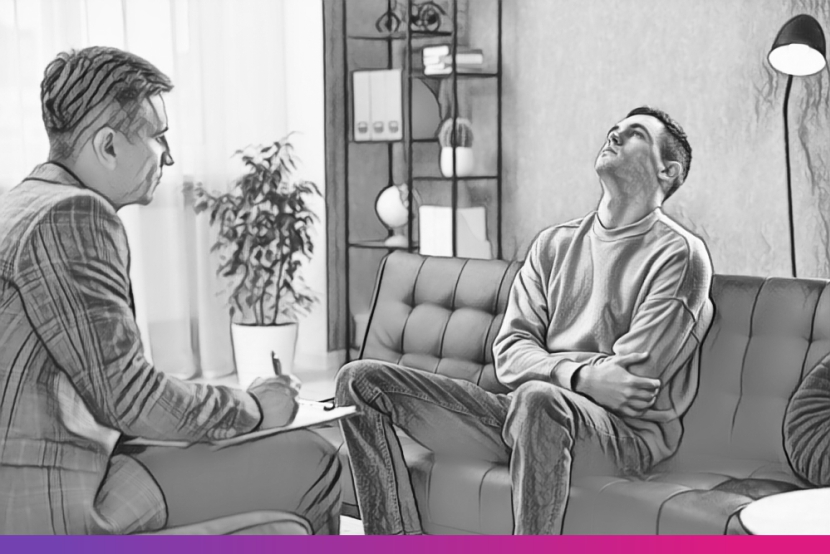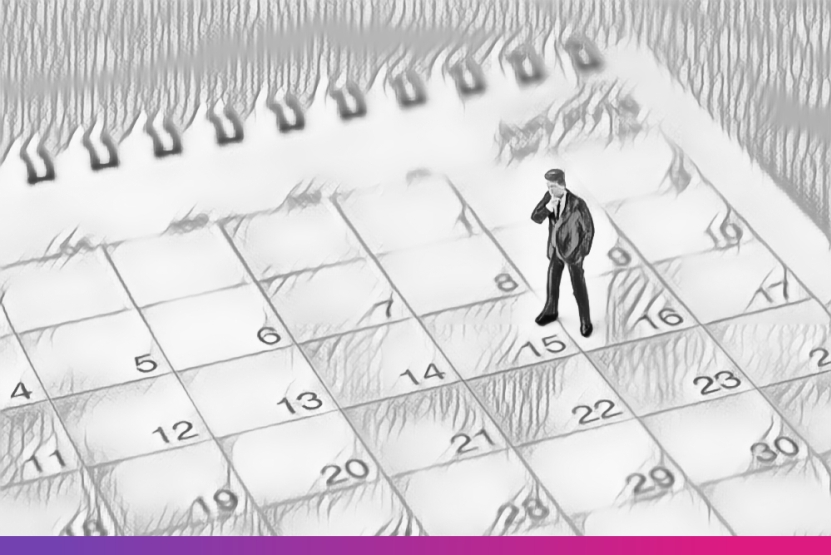Because doing “everything right” doesn’t always mean you’re safe.
- You eat clean.
- You don’t smoke.
- You go to the gym, drink water, and get 8 hours of sleep.
So when someone like you hears the word cancer, the shock hits differently.
“But I did everything right…”
Here’s the uncomfortable truth:
Even healthy people—people with no bad habits, no family history, and no red flags—can get cancer.
It’s not about scaring you.
It’s about understanding the bigger picture.
The False Security of "I’m Healthy"
We’ve spent decades linking cancer to lifestyle. And that’s not wrong—smoking, drinking, processed foods, and inactivity do increase your risk.
But the problem?
It makes people who don’t have those habits think they’re immune.
That mindset leads to:
- Ignoring early symptoms
- Skipping screenings
- Delaying doctor visits
- Feeling shame or confusion when diagnosed
At IOCI, one of the Top Oncology Hospitals in India, we’ve seen it firsthand: young, active, non-smoking individuals shocked by a diagnosis they never saw coming.
So, What Are Non-Lifestyle Risk Factors?
Let’s break it down. These are cancer risks that have nothing to do with how you live:
1. Genetics & Family History
Even if no one in your family had cancer, you might carry gene mutations that increase your risk (like BRCA1/2 for breast/ovarian cancer or Lynch syndrome for bowel cancer).
Genetic testing at an Advanced Cancer Treatment Hospital can help assess your risk.
2. Random DNA Changes (Spontaneous Mutations)
Sometimes, your cells make a mistake when dividing.This has nothing to do with your choices—it’s just biology. Over time, these errors can trigger cancer.
3. Age & Hormonal Factors
Certain cancers become more likely as we age, or with hormonal shifts (like menopause or early puberty). These factors are out of your control—but screenings can catch them early.
4. Environmental Exposure
You might be unknowingly exposed to carcinogens through air pollution, radiation, chemicals at work, or even certain medications.
That’s why awareness and regular health checks are key.
5. Immune System Conditions
If you have a weakened immune system—due to autoimmune disease, long-term medication, or previous treatment—you may be at higher risk of certain cancers.
Real Stories, Real Wake-Up Calls
At IOCI, we’ve seen marathon runners with colon cancer.
- Yoga teachers with breast cancer.
- Teenagers with leukemia.
- Healthy people. Active people. Disciplined people.
- They did everything “right.” But they also taught us one powerful lesson:
- Cancer doesn’t always follow a rulebook. But early action can change everything.
So What Can You Do?
This isn’t a call for fear—it’s a push for awareness without assumption.
Listen to your body.
Don’t brush off pain, bleeding, or unusual lumps just because you’re “fit.”
Get screened—even without symptoms.
Many cancers, like cervical, breast, bowel, and prostate, are preventable or treatable if caught early.
Choose expert care.
If something feels off, go to a Cancer Treatment Center with experienced specialists, like those at IOCI—home to some of the Leading Cancer Specialists in India and a trusted name for Personalized Cancer Treatment Planning.
Stay informed, not overwhelmed. Read. Ask questions. Know your risk. But don’t let it consume you.
Final Thoughts: You Can Be Healthy and Still Be at Risk
Cancer doesn’t always knock where it’s expected. That’s why it’s time to change the narrative. No, you don’t need to live in fear. But you do need to live with awareness.
Because early detection saves lives—and the strongest thing you can do is check in with your body, even when you feel fine.
Know. Act. Win.





